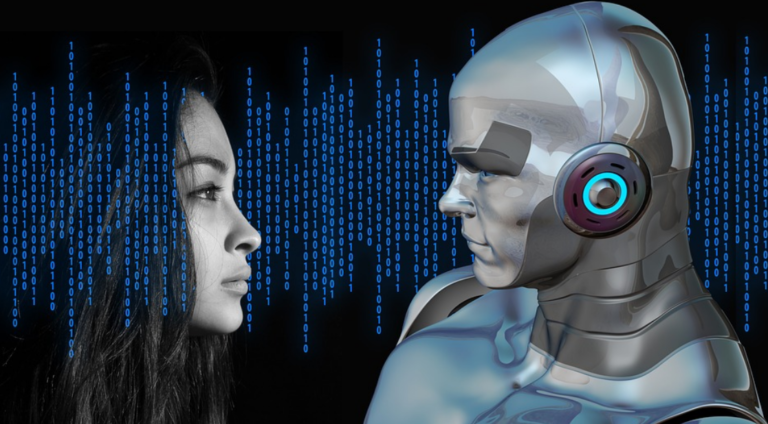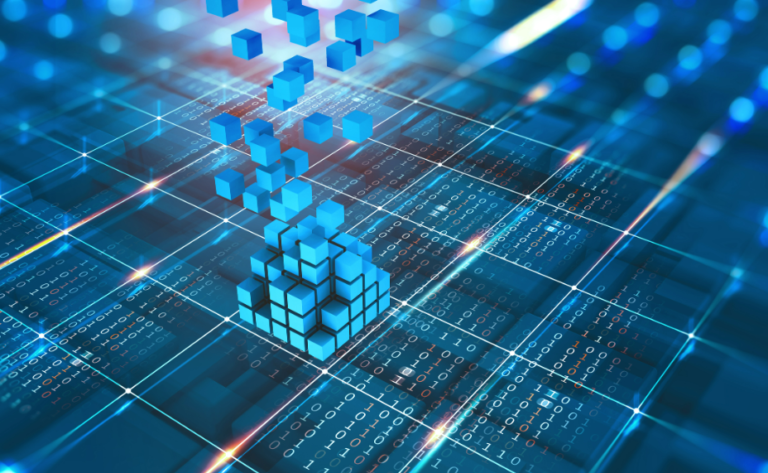ChatGPT and other uncontrolled AI models have the potential to transform the way we live in numerous ways. Here are seven examples:
- Personalized assistance: Chatbots like ChatGPT can provide personalized assistance in real-time, helping people find the information they need and complete tasks more efficiently.
- Healthcare: AI chatbots can be used in healthcare to provide 24/7 support to patients, offer medical advice, and triage patients based on their symptoms. This can improve access to healthcare and reduce the burden on healthcare providers.
- Education: AI chatbots can help with education by answering students’ questions, providing personalized feedback, and assisting with homework assignments. This can improve access to education and help students learn at their own pace.
- Customer service: AI chatbots can provide instant customer support, answering questions and resolving issues without the need for human intervention. This can improve customer satisfaction and reduce wait times.
- Mental health: AI chatbots can provide mental health support by providing a listening ear and helping individuals manage their emotions. This can be particularly useful for people who have difficulty accessing traditional mental health services.
- Social interactions: Chatbots like ChatGPT can be used to simulate social interactions, providing companionship and reducing loneliness, especially for people who are isolated or unable to interact with others in person.
- Decision making: AI chatbots can be used to analyze data and provide recommendations, which can be useful in fields like finance, business, and marketing. This can help people make more informed decisions and improve the accuracy of predictions.
However, uncontrolled AI like ChatGPT also raises concerns and potential negative consequences:
- Bias: Uncontrolled AI can perpetuate or amplify existing biases and discrimination, especially if the data used to train the model is biased.
- Privacy: Uncontrolled AI can collect and store personal data, raising concerns about privacy and security.
- Ethics: Uncontrolled AI can be used for malicious purposes, such as spreading disinformation or manipulating people.
- Dependence: People may become overly reliant on AI chatbots, which could lead to a loss of skills and autonomy.
- Unintended consequences: Uncontrolled AI can have unintended consequences, such as producing harmful or unexpected results.
- Unemployment: Uncontrolled AI can automate tasks that were previously performed by humans, which could lead to job loss and economic disruption.
- Regulation: Uncontrolled AI may require regulation to ensure that it is developed and used in a responsible and ethical manner, which could be difficult to achieve given the rapidly evolving nature of AI technology.







